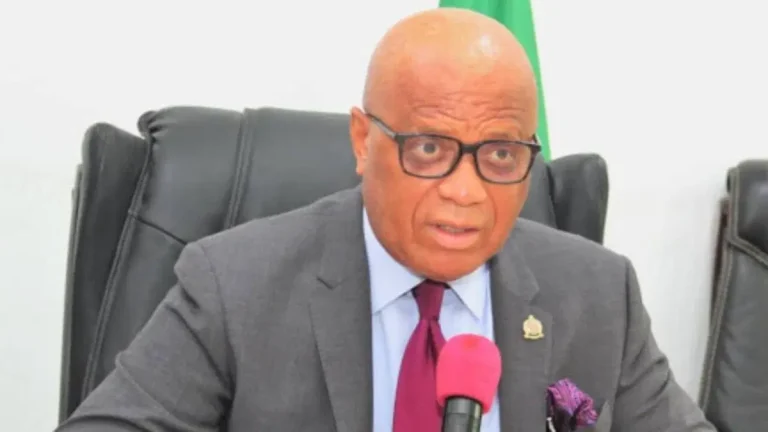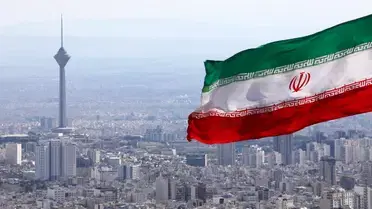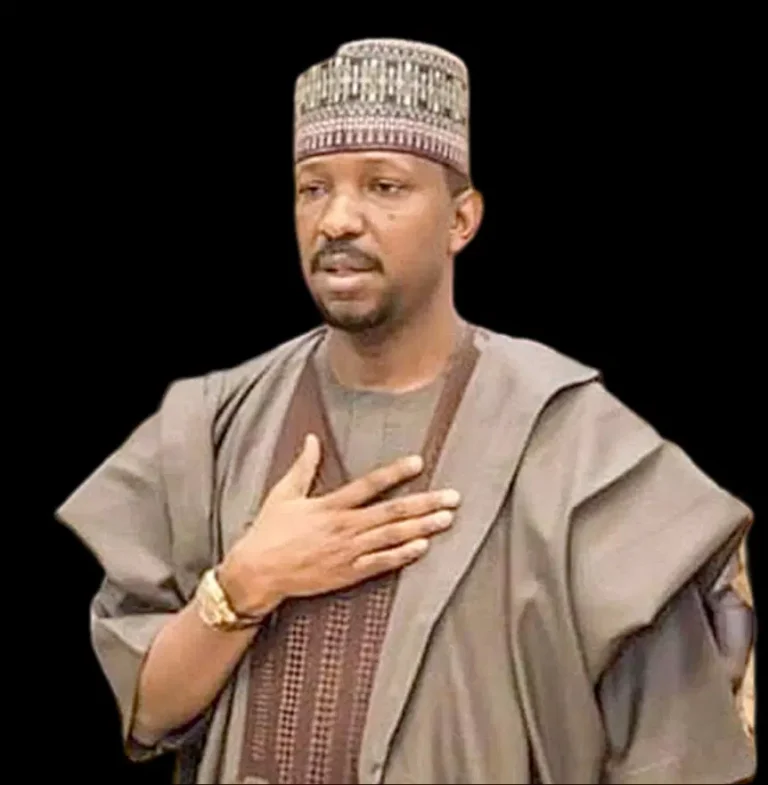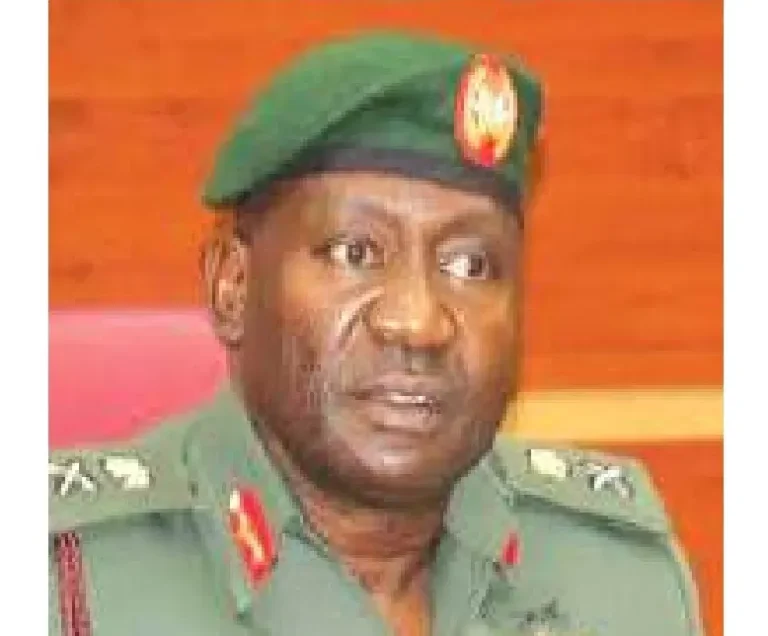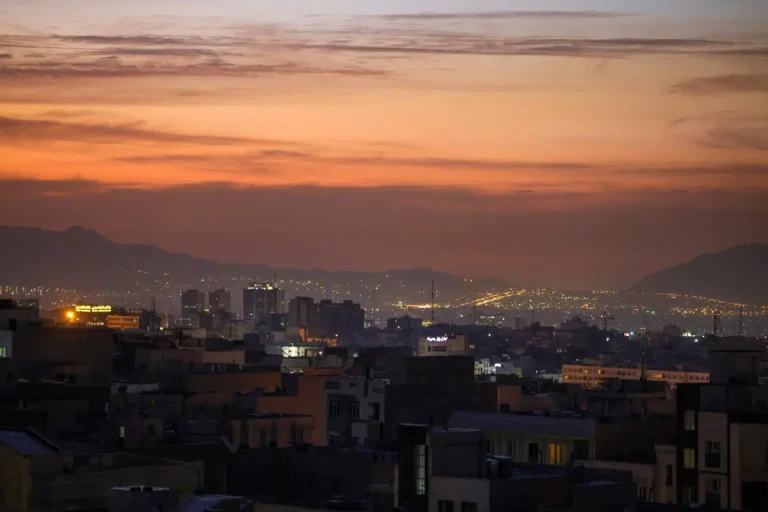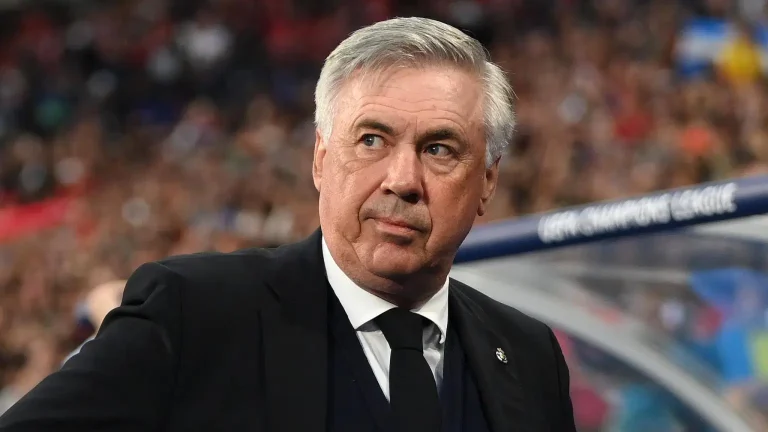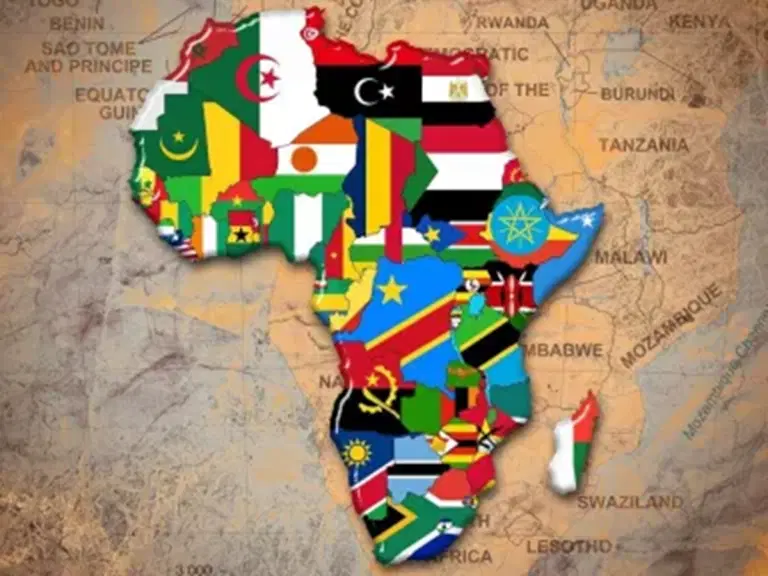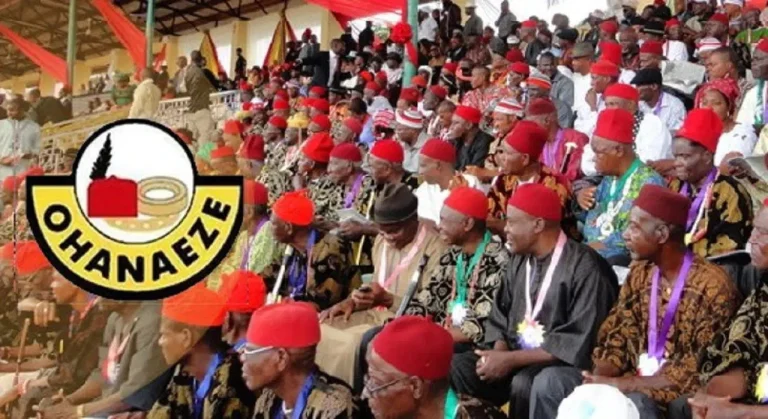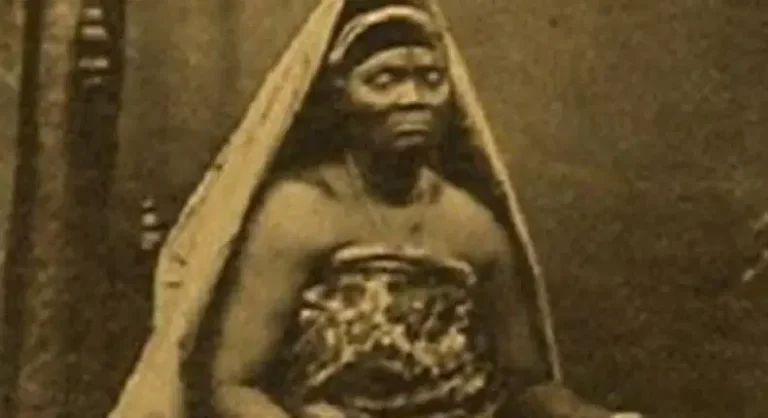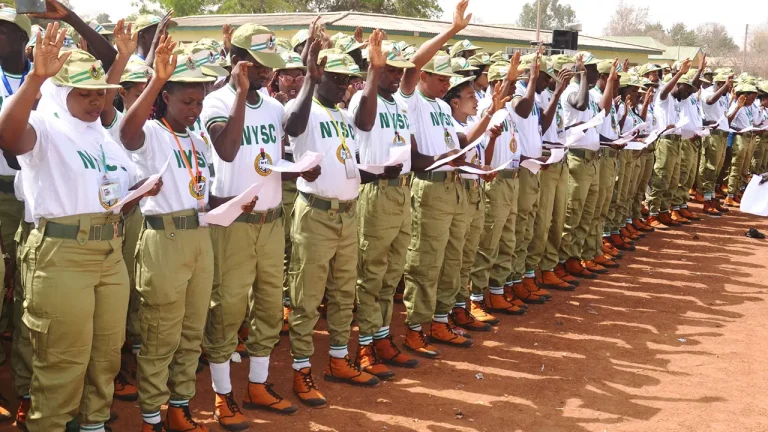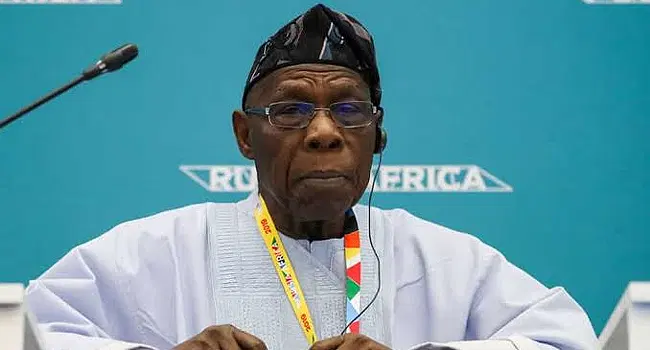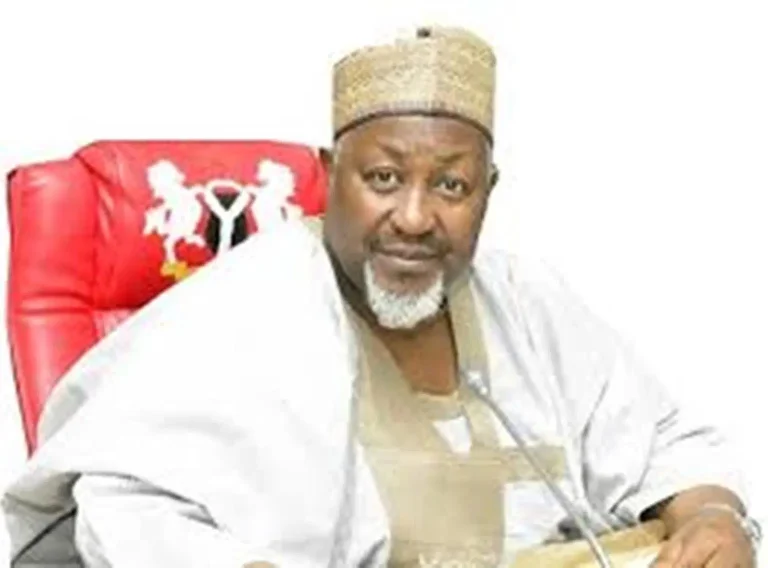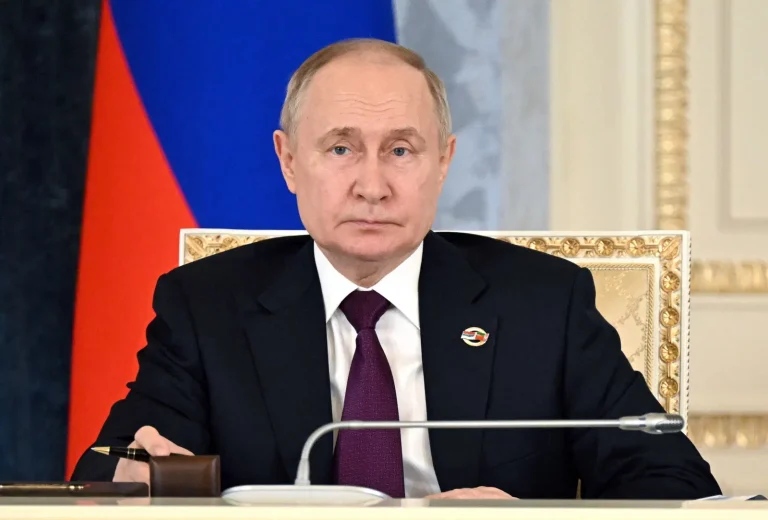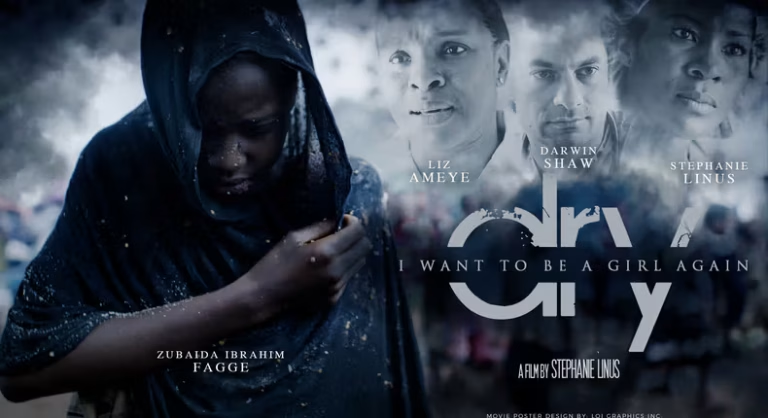The play “A Long Wait on the Moon,” directed by Emmanuel Esiakpere, was a highlight of the 2024 Chevron Drama at the 28th edition of the MUSON Festival, performed last Saturday at the Agip Recital Hall, MUSON Centre in Onikan, Lagos. Presented by The Royal Crown Theatre under the leadership of Professor Muyiwa Awodiya, the production featured two performances, a matinee at 12 PM and an evening show at 5 PM.
A Powerful Satire
This pulsating satire, crafted by students and lecturers from the Theatre Arts department of Osun State University, artfully combines music, dance, and instrumentation to explore the daily struggles of the Nigerian masses. The narrative encapsulates the frustrations of citizens living in abject poverty amidst abundant natural and human resources, highlighting the pressing need for government accountability and support.
The play opens dramatically with electrifying music set against the backdrop of a psychiatric ward, filled with over 15 characters portraying various degrees of madness, managed by a solitary health worker. The audience is immediately drawn into the chaos as two characters, Dr. Sanjo Ilori and his friend, enter, lamenting their physical ailments—hunger and the burdens of hardship—through singing and dancing.
Political Commentary
The play takes a sharp political turn when the “president” of the psychiatric patients addresses them via a national broadcast. His statements, laden with irony, suggest that in response to hunger, the citizens should accept agbado (corn) instead of rice, as both are carbohydrates. The humor escalates when the power supply fails during his speech, prompting the patients to jeer and ridicule the president’s claims of achievement, including promises of uninterrupted power.
As the president exits, the audience witnesses the characters mock his rhetoric, underscoring the absurdity of the political landscape. The dialogue, characterizations, and plot intricately weave together humor with poignant social commentary, prompting the audience to reflect on the dire state of governance in Nigeria.
Themes of Desperation and Unity
Throughout the performance, the audience is reminded of the pervasive desperation facing many Nigerians. One character, lamenting her lack of a husband, humorously states that citizens now beg for everything, including companionship. The cast engages directly with the audience, singing a popular begging song that highlights the pervasive struggle for basic needs—“We beg to eat, beg to be healed, and even beg to die.”
The play also addresses broader societal issues, including economic disparity, political corruption, and the exploitation by fake religious leaders colluding with selfish politicians. As it progresses, the drama culminates in a call for Nigerians to reject ethnic politics, prioritize humanity over materialism, and strive collectively for a better future.
Context and Relevance
According to Akinwunmi Sesan, the production was a timely response to this year’s MUSON festival theme of “Revival.” He emphasized that “A Long Wait on the Moon” is particularly relevant in an era when the country faces severe economic challenges, noting that many citizens are not just physically ill but are also grappling with mental strain due to the socio-economic crisis.
In summary, “A Long Wait on the Moon” serves as a compelling blend of entertainment and social critique, resonating deeply with audiences and urging them to reflect on the current state of affairs in Nigeria.


